Western North Carolina is a mountain biking hub on the East Coast. And demand for new trails is high. Since the beginning of the pandemic, mountain biking has skyrocketed in popularity nationwide.
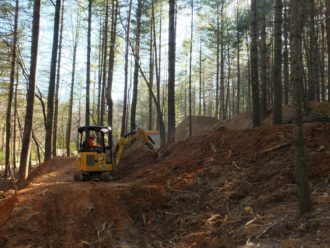

Western North Carolina is a mountain biking hub on the East Coast. And demand for new trails is high. Since the beginning of the pandemic, mountain biking has skyrocketed in popularity nationwide.

A recently completed study, commissioned by the French Broad River Partnership in 2019 and led by economist Steve Ha of Western Carolina University, sets the total economic value of the French Broad and its tributaries at $3.8 billion per year. By comparison, the Blue Ridge Parkway that also runs through Asheville creates about $1.3 billion in economic output per year.
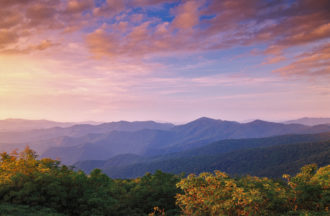
The pending approval of a U.S. Forest Service plan for the roughly 1 million acres that the Nantahala and Pisgah national forests cover in Western North Carolina is likely to influence whether a large swath of the Craggy Mountains should be open for timber harvesting or managed for recreation.
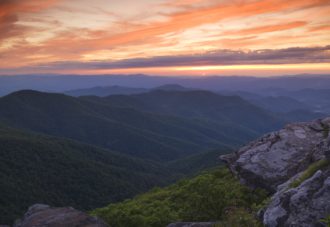
The scenic roadway saw 15.9 million recreation visits in 2021, up from about 14 million in 2020; the Great Smoky Mountains National Park, which also includes land in Western North Carolina, was in second place with over 14.1 million visits.
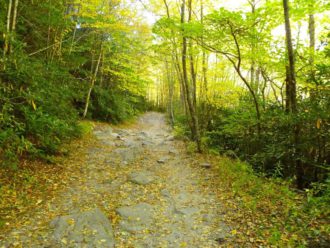
The Southern Environmental Law Center plans to file an objection over acreage perceived as being left at risk under U.S. Forest Service plan for Western North Carolina’s national forests.

Kelly Bruce, a certified Forest Therapy Guide with Natural Wanders and Asheville Wellness Tours, speaks with Xpress about her approach to the work and what people can expect from a bath in the forest.
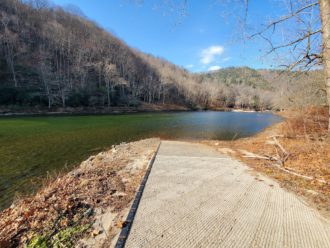
Advocates say community members voiced concerns with no factual basis about federal Wild and Scenic designation for river in Yancey and Mitchell counties.
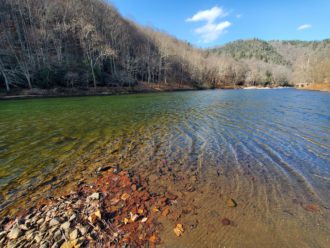
NC groups initially united behind a federal designation to protect a stretch of the Nolichucky River. But fears voiced in Tennessee put a snag in those plans.
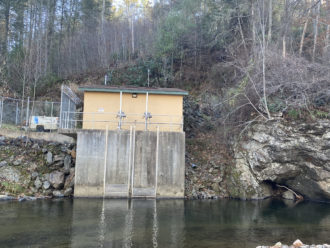
A proposed doubling of Weaverville’s water treatment capacity has met with cost concerns from town officials and environmental worries from some local residents.
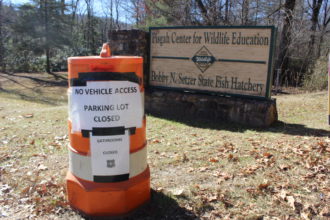
When Tropical Depression Fred tore through Western North Carolina in August, among the casualties was the Pisgah Center for Wildlife Education. The N.C. Wildlife Resources Commission’s executive board has moved to close and demolish the facility, replacing it with an expansion to the adjacent Bobby N. Setzer Fish Hatchery.
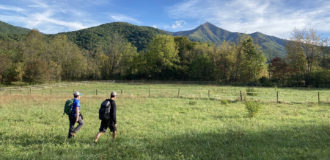
Among the largest allocations are $12.2 million to accelerate the purchase and opening of Pisgah View State Park in Buncombe County, $7.2 million for the removal of hazardous dams in WNC and $5 million to upgrade the city of Hendersonville’s wastewater treatment plant.

While an undisputed highlight of living in Western North Carolina is proximity to the great outdoors, there’s something to be said for one’s own backyard. (Better bathroom facilities, for one.) Chances are that during the COVID-19 pandemic, many families have spent more time outside than usual. This year, the best holiday gift might be a […]

With the notable exception of the IDA-certified dark sky park at the PARI in Transylvania County — one of only two such facilities in the state — no sky in Western North Carolina is untouched by light pollution. Central Asheville can reach as high as a 6 on the Bortle Scale, in which 1 is complete darkness and 9 is the Las Vegas Strip.

The founder of Ray’s Weather Center speaks about the local forecast service’s growth over the years, how meteorologists handle the area’s tricky topography and what weather sayings carry a grain of truth.

White nose syndrome, a fungal disease first seen in Western North Carolina in 2011, has reduced some local bat populations by as much as 95%. And climate change poses a long-term challenge to their habitats and survival.
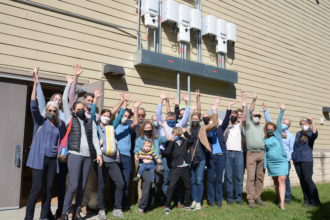
Six years in the making, a 300 kilowatt-hour solar array at Asheville’s Isaac Dickson Elementary School was officially dedicated Sept. 24. The $428,000 project is expected to save the school over $1.3 million in utilities costs over its 30-year operational lifespan.
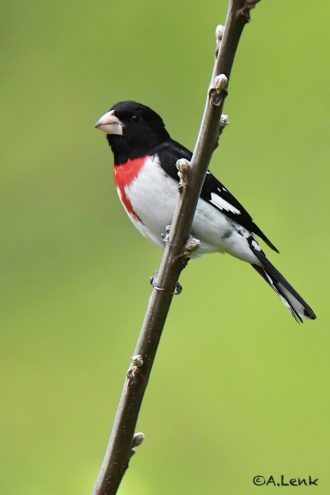
On an upper floor of Zeis Hall on the UNC Asheville campus is a small room containing many birds. None of these birds are alive. Each one is dead, preserved through taxidermy and stacked side by side in individual Tupperware containers. The room, smelling faintly of formaldehyde, is a biological specimen laboratory. The collection is […]
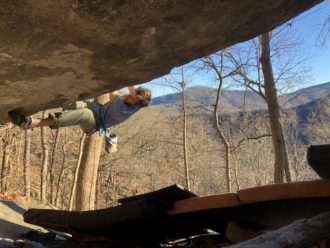
The Carolina Climbers Coalition is helping to open two new areas later this year: the McKinney Gap Boulders in Burnsville and Chimney Rock Village Boulders in Chimney Rock. The new spots, says CCC Executive Director Mike Reardon, further his organization’s goal of conserving the natural environment, promoting safe climbing and preserving access to areas in the Carolinas.
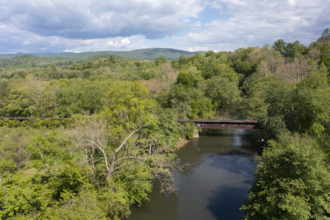
On Aug. 12, a subsidiary of nonprofit Conserving Carolina completed the $7.8 million purchase of the currently unused Ecusta rail line, stretching 19 miles between Hendersonville and Brevard, from the Blue Ridge Southern Railroad.

The Eastern Band of Cherokee Indians Tribal Council passed an ordinance on Aug. 5 allowing production and use of the crop, which the body had previously voted to decriminalize on May 6.
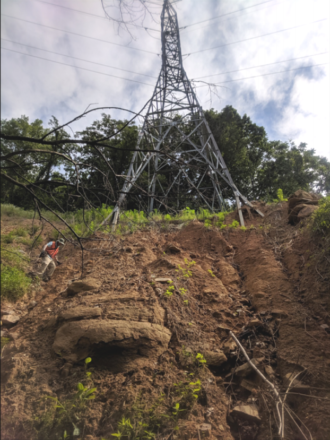
According to the N.C. Climate Science Report prepared by N.C. State University’s Asheville-based N.C. Institute for Climate Studies and other experts, the area will likely experience more landslides in the coming years due to climate change.